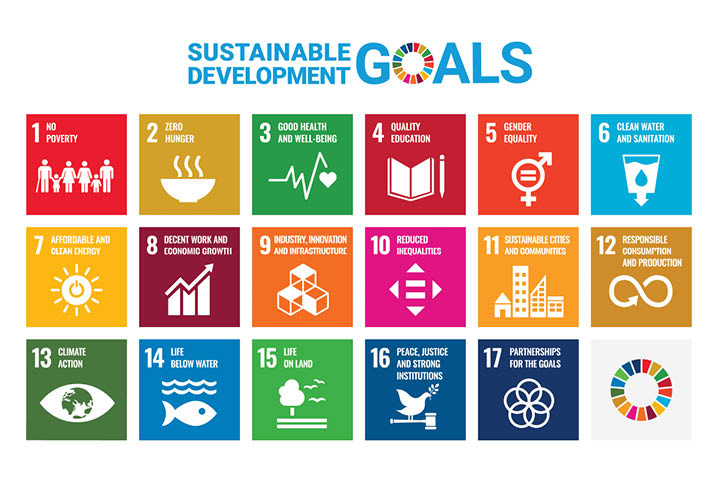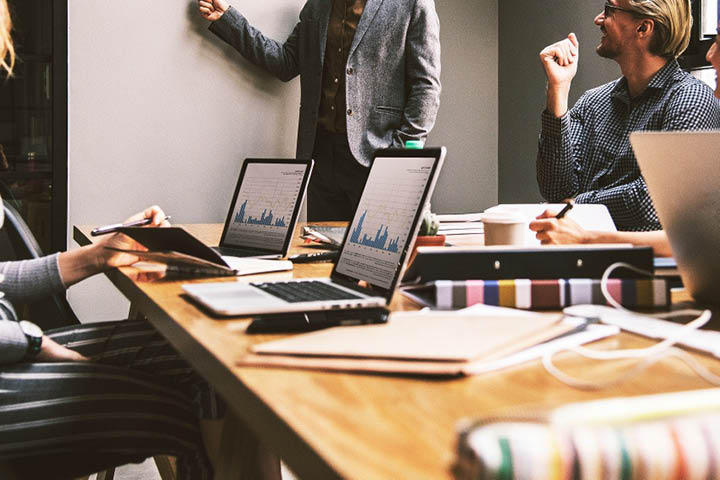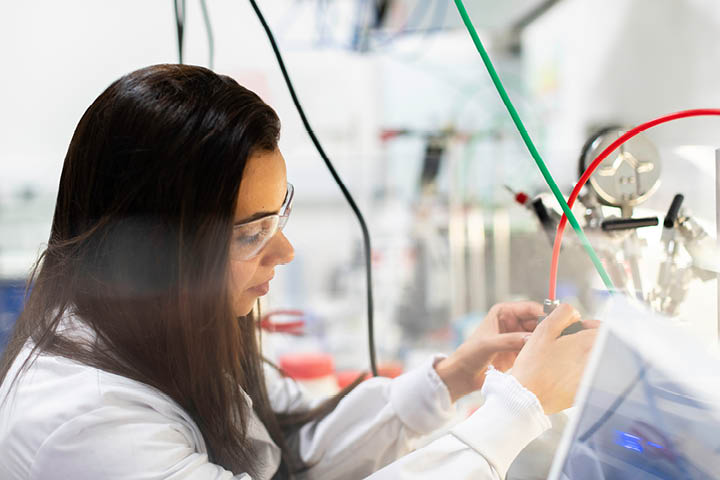Sustainability workstreams
With the recognition of embedding sustainability into every aspect of University operations, we have embarked on a programme which utilises the EAUC and AUDE’s Sustainable Leadership Scorecard for tracking our targets and continual improvement across all our activities. The programme is supported by a dedicated project board with Stuart Mckinnon-Evans, the University’s Chief Finance Officer, as the project sponsor. Project board members include members of the academic and student community, communications teams, People and Campus Services along with a dedicated project manager.
The programme covers 18 different workstreams which are reported on throughout the academic year to the project board. Each workstream will develop a key set of actions and deliverables, brought together by the dedicated workstream lead and relevant stakeholders.

Contact us
Have you got some ideas you’d like to see implemented? Are you an external stakeholder wanting to contribute? We want you to get involved!
Leadership and Governance
There are four different workstream areas within the Leadership and Governance priority area. These include Staff Engagement and Human Resources, Leadership, Health and Wellbeing, and Risk.
This priority area focuses on a number of different SDGs (Sustainable Development Goals) including no poverty, good health and well-being, gender equality, decent work and economic growth, reduced inequalities, peace, justice and strong institutions, and partnerships for the goals. The main outcomes of this priority area is to to ensure there are strategies in place for staff engagement and development within sustainability and there is an institution-wide strategic commitment to social responsibility and sustainability.
The main outcomes of this priority area are to ensure there are strategies and policies for the following:
- staff and student development
- institution-wide strategic commitment to social responsibility and sustainability
- protecting and supporting the health and wellbeing of staff, students and visitors
- responsible investment and divestment, addressing efficiencies and value for money.
Many of these issues are already being addressed by the university under different workstreams within their departments. This process will ensure the SDGs and sustainability are being considered in each stage of the process.
Partnership and Engagement
This priority area covers four key workstream areas: community and public engagement, business and industry interface, procurement and supplier engagement and food and drink. A few of the key SDGs this area focusses on are zero hunger, industry, innovation, and infrastructure, reduced inequalities, sustainable cities and communities, responsible consumption, and production, and partnerships for the goals.
Whilst we know that there is early progress with these workstreams, we are working closely with our external partners through community and public engagement, business and industry, our supply chain and catering providers, to ensure there are strategies fully embedding sustainability into the delivery of each of these areas.

Estates and Operations
Covering themes including water, resource efficiency and waste, travel and transport, energy, biodiversity, construction and renovation and climate change adaptation, this key priority area will look at the more physical aspects of sustainability at the University. These workstreams will address our carbon impact and set ambitious targets to become Net Zero through the delivery of our decarbonisation strategy, alongside providing a sustainable travel plan, ensuring our water and waste consumption is minimised, improve the biodiversity of the campus and address our resilience against climate change. Some of the key SDGs this priority area looks at are clean water and sanitation, affordable and clean energy, industry, innovation and infrastructure, sustainable cities and communities, responsible consumption and production, climate action, and life below water.

Learning, Teaching and Research
Embedding sustainability across learning, teaching and research is key to all strands of this programme. Formally acknowledging this through our learning and teaching strategies will ensure the sustainability focus is forming part of the decision making from the outset. There are opportunities for students and academics to engage with this agenda and this will be fleshed out as part of these workstreams. Some of the key SDGs addressed through these workstreams are quality education, gender equality, decent work and economic growth, reduced inequalities and sustainable cities and communities.

